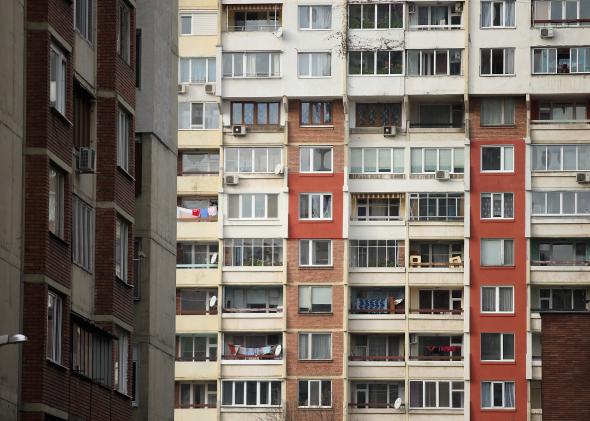Zoning codes that prohibit high-density real estate development are key to understanding the affordable rental housing crisis in America, but it turns out that they’re also crucial to understanding the deep patterns of racial segregation that characterize American life.
Jonathan Rothwell and Douglas S. Massey did a good paper on this in 2009 that used regression analysis across a large national sample of jurisdictions (PDF) to conclude that there is “a strong and significant cross-sectional relationship between low-density zoning and racial segregation, even after controlling for other zoning policies and a variety of metropolitan characteristics.” More recently, Matthew Resseger took a more detailed look specifically at the Greater Boston Area (PDF) and shows that “over half the difference between levels of segregation in the stringently zoned Boston and lightly zoned Houston metro areas can be explained by zoning regulation alone.”
Now to be clear, it’s not as if there is no residential segregation in Houston. So even though zoning accounts for the majority of the Boston-Houston gap, it doesn’t account for a majority of all the segregation. But that’s still a really large impact. And this is not really a case of unintended consequences. Zoning codes were designed to serve as de facto segregation measures (PDF), and they more or less work.
